Fires in Los Angeles are raging and still barely contained as we go to press, with estimates of the rebuilding costs rising beyond $150 billion. By the time you read this, they’ll be under control and there will of course be plenty of time for finger-pointing — but The Spectator likes to be ahead of the curve, so we’re starting now.
What we’re seeing in California is the complete failure of an experiment in one-party Democratic rule, a state level encapsulation of a party taken over by the fringe elements of its base. Given the pile-up of scandals, Californians might finally have had enough. But of the lot, which is the most ludicrous? Los Angeles mayor Karen Bass wasn’t even in the country as the fires broke out — she was on a diplomatic mission to Ghana, even after a campaign promise that she wouldn’t travel internationally as mayor. What business does Bass have in Ghana? Perhaps LA’s goat soup just doesn’t have that globe-trotting spice.
Firefighters opened fire hydrants to find them dry. The same was true for some water reservoirs around LA — a major one feeding the Palisades was offline for maintenance, and another that was commissioned in 2014 barely had ground broken on it a decade later.
Climate change was likely a contributing factor to the extent of the devastation. Yet some in the media seem hellbent on ensuring anyone in California with a “D” next to their name escaped culpability, pointing out that the increase in rain during wet seasons makes more vegetation grow, and then during the dry season, you get more kindling for these types of fires. Forest fires were another thing Al Gore invented in 2006 with An Inconvenient Truth, you see.
Whatever other blame there is to go around, the fires are a direct outcome of poor forest management practices brought on by fringe environmentalist groups who exercise outsized political power in the Golden State. Other groups, not just conservatives, have been sounding the alarm on this for decades — with their warnings mostly falling on deaf ears.
Seeming to purposefully illustrate the lunacy of the mismanaged bureaucratic state, officials forced firetrucks sent from Oregon to undergo safety inspections in Sacramento before they were able to continue on their journey to help fight the fires. Lord knows what kinds of chicanery the Oregonians stoop to, with a government that plays fast and loose with their safety — by God, Gavin Newsom wasn’t going to have it in his state.
For his part, the slick governor announced executive orders suspending certain environmental laws and ordering state agencies to identify provisions in the building code that can safely be suspended during reconstruction. Which makes you wonder: if there are provisions in the building code that can be safely suspended, what were they doing there in the first place?
Perhaps this chaos will make California voters finally wake up. We certainly hope so. But the policy failures in LA and California are indicative of a national, and global, reckoning on liberal governance.
As Daniel McCarthy points out on p.33, the world that Bill Clinton and Tony Blair built is dying. The neoliberal global order exemplified by the Davos crowd is showing cracks, if not yet shattered. Justin Trudeau is just the latest failed world leader to leave the stage, presumably soon to be replaced by the impressive Pierre Poilievre, leader of the Canadian Conservative Party. He’s one more in a line of populist, right-of-cent-er leaders taking the stage, all skeptical of the default global consensus the West has adopted since World War Two.
If you needed further evidence of the complete vibe shift, look only to Californian tech titans such as Tim Cook and Mark Zuckerberg. They spent the start of the new year lining up for meetings with Trump at Mar-a-Lago and making the requisite million-dollar donations to his inaugural committee, something that eight years ago would have been met with shock.
One factor in the neoliberal global consensus cracking is the ever-waning influence of the legacy media, as Ben Domenech details in his cover story on p.12. The diminished influence of traditional media has been an ongoing story for twenty years, but the 2024 election proved to be the most forceful rebuke to date. Mark Zuckerberg’s announcement that Meta will no longer employ fact-checkers and instead implement a version of community notes signifies this too. It was the legacy media that once bullied him into putting fact-checkers into place — do they still feel in charge?
Even the nascent NeverTrump industry is faltering. On p.15 Amber Duke chronicles the last batch of NeverTrumpers from the first administration who attempted to cash in on Orange Man hate. Now with the Trump vibe shift and the Resistance money spigots drying up, they could find themselves rethinking their “principled” stand.
As the smoke clears, we are left to survey the wreckage, pick up the pieces and rebuild — and learn lessons that prevent history repeating. That applies not just to California, but to the Democratic Party and its media allies who lost the plot and set themselves aflame in a disaster of their own last November. The fire rises, but after comes the chance to build anew.
This article was originally published in The Spectator’s February 2025 World edition.



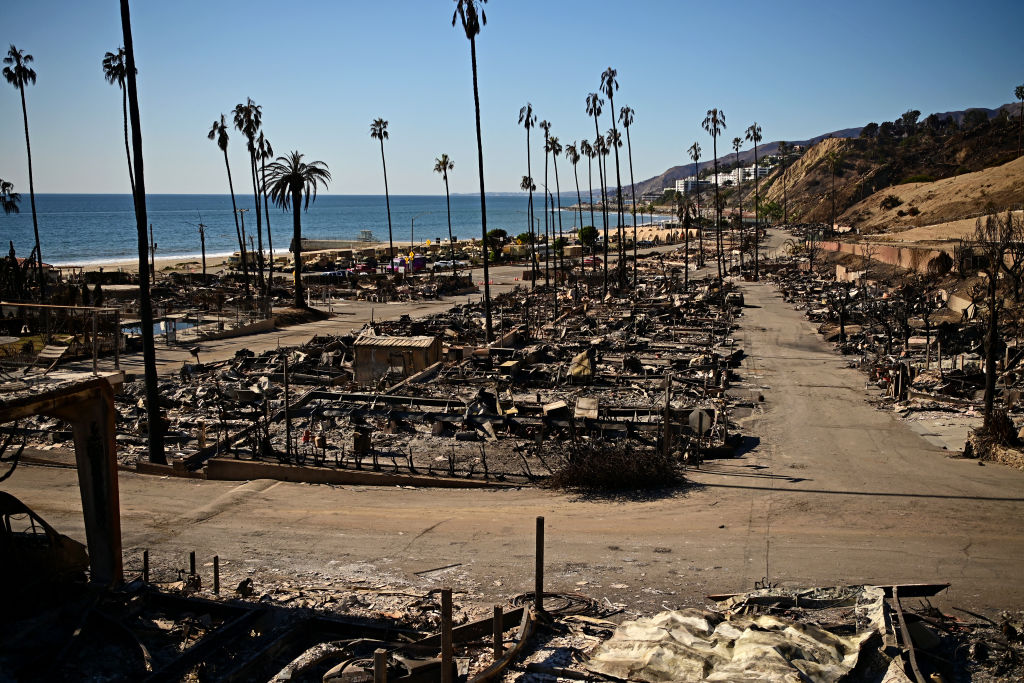










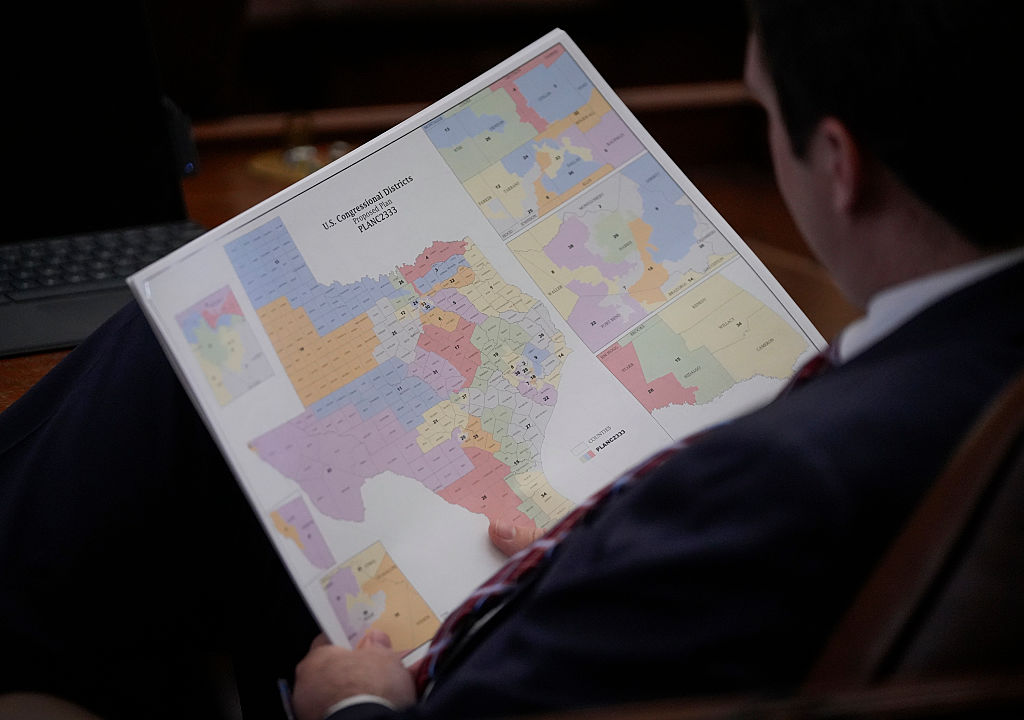
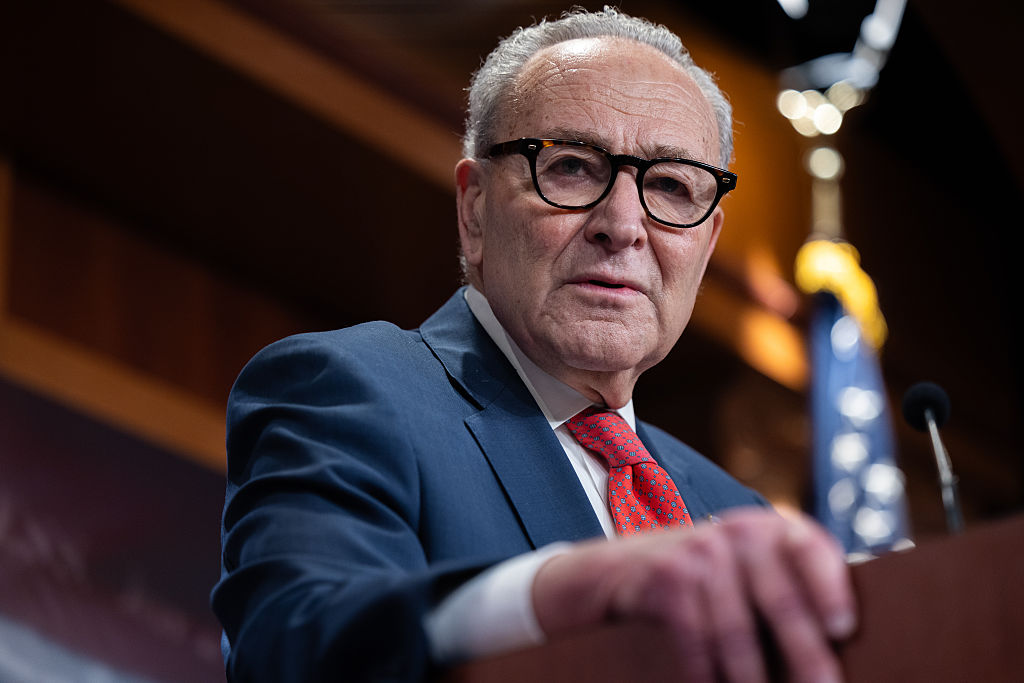

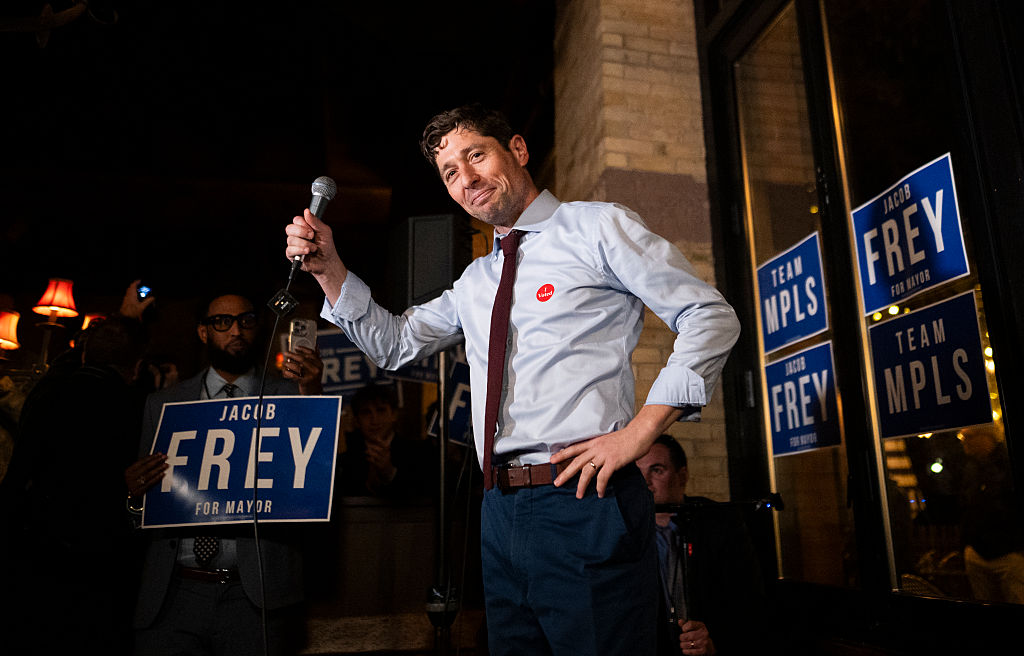
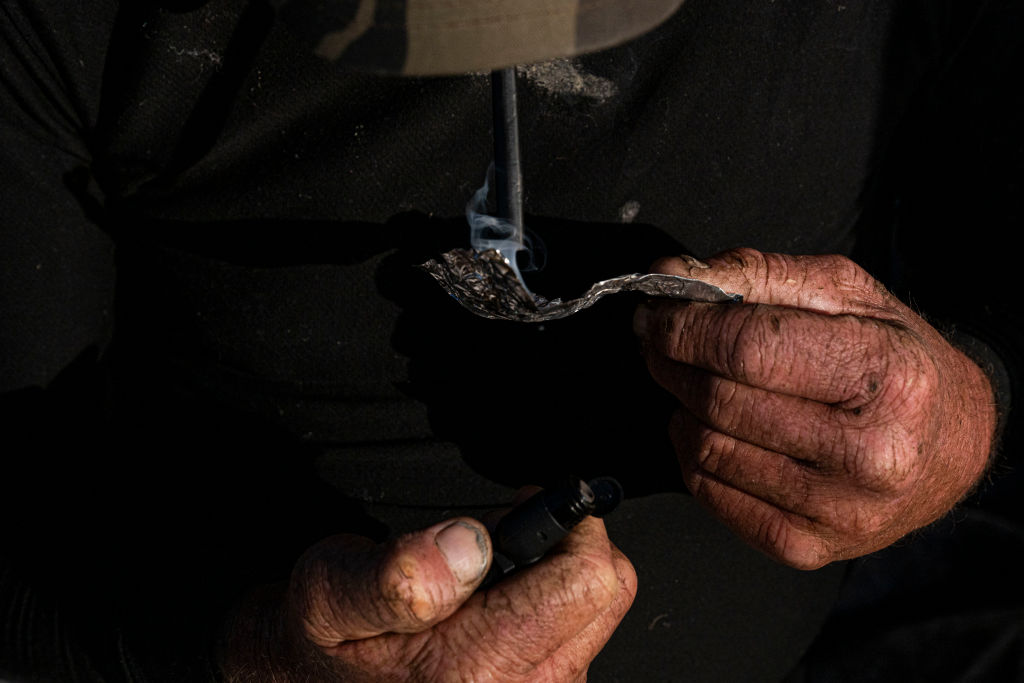







Leave a Reply